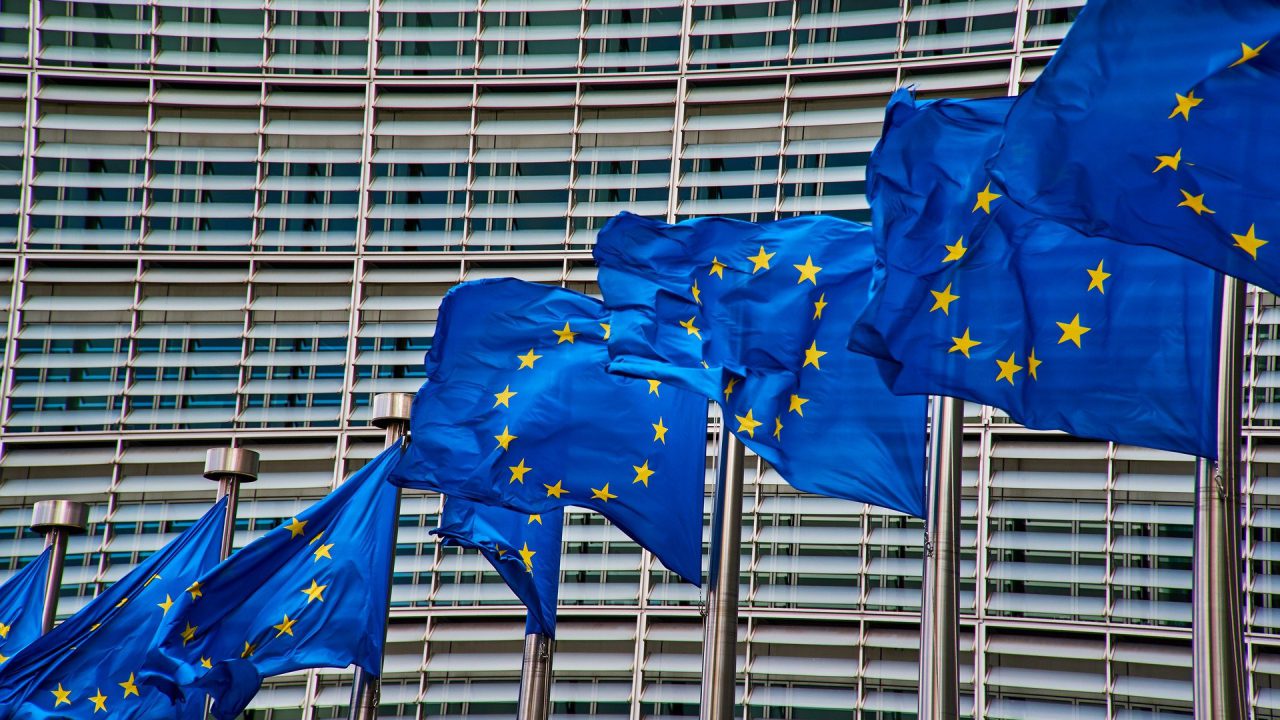The European Anti-Fraud Office (OLAF) has said that EU agriculture funding is a “common target for fraudsters”.
In its annual report for 2021, OLAF outlined that it concluded 212 investigations and issued almost 300 recommendations to national and European Union authorities.
It recommended the the recovery of €527.4 million to the EU budget.
Last year, the agency opened 243 investigations following 1,110 preliminary analyses carried out by OLAF experts.
The report explains that agriculture and cohension policy traditionally account for the largest shares of the EU budget.
It outlined that cases typically involved fraudsters creating artificial circumstances in order to gain EU funding, collusion, manipulating tenders, fictitious working hours and irregular or non-existent project costs.
The annual report detailed several agricultural-themed investigations in which OLAF was involved in during 2021.
Fraudsters at the airport
OLAF outlined how an “economic operator” had applied for, and recieved, several tranches of EU agricultural funding for the management and use of several plots of land within the perimeter of Rome Fiumicino Airport in Italy.
It turned out that the land had never been farmed and the “irregularities” dated back to at least 2005.
OLAF said the operator had no right to request or receive EU funds as it did not have a legitimate title or exclusive use of the land for which it was claiming funding.
“The production of documents proving such rights, which did not exist in this case, is a key condition for EU aid to be granted,” the report noted.
OLAF concluded the investigation by recommending at around €1 million be recovered from the operator.

A separate investigation in Italy uncovered fraudsters targeting EU agricultural funding to promote organic wine production.
OLAF said that a fake agricultural company was set up to purchase crops and harvest them for the organic production of wine.
It said that the company did not respect its “obligations to keep the land in good agricultural and environmental condition”.
This included avoiding the use of chemical products and to abiding by the rules of organic farming.
OLAF was tipped off by the European Investment Bank (EIB) following a local bank issuing the company involved with a loan granted by the European Investment Fund.
The agency recommended that the European Commission recover agricultural subsidies worth around €200,000.
Meanwhile following an investigation in Bulgaria, OLAF recommended the recovery of around €7 million in payments.
The agency uncovered multiple irregularities and inflation of prices in a scheme funded under the European Agricultural Guarantee Fund in Bulgaria.
It was supposed to promote agricultural products such as wines, spirits, cherries and dairy products in the EU and in non-EU countries.
The contracts for the implementation of all 11 programmes were awarded to the same economic operator, which was based in Greece.
